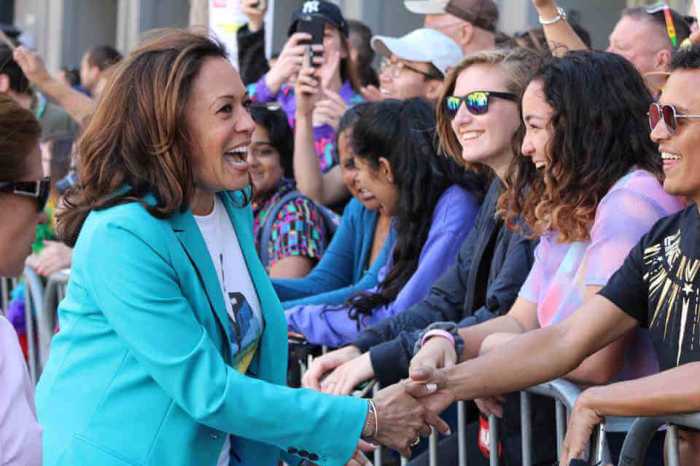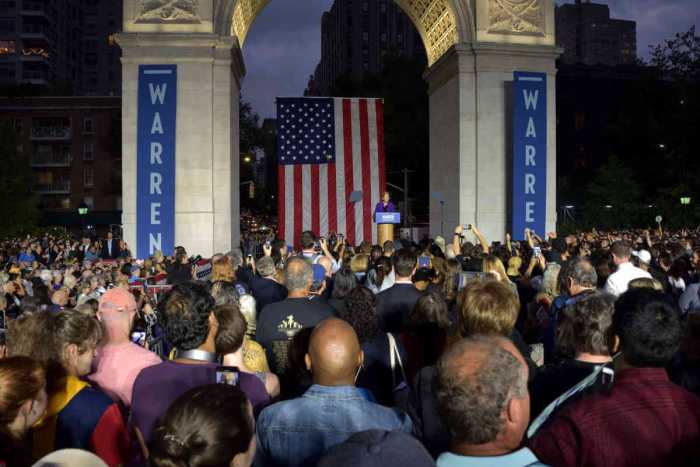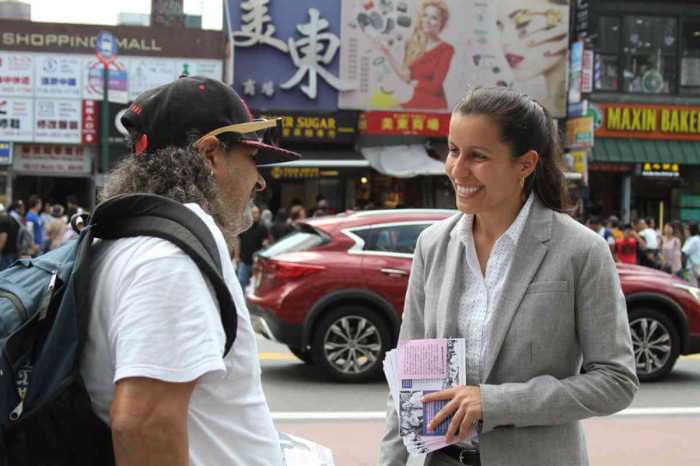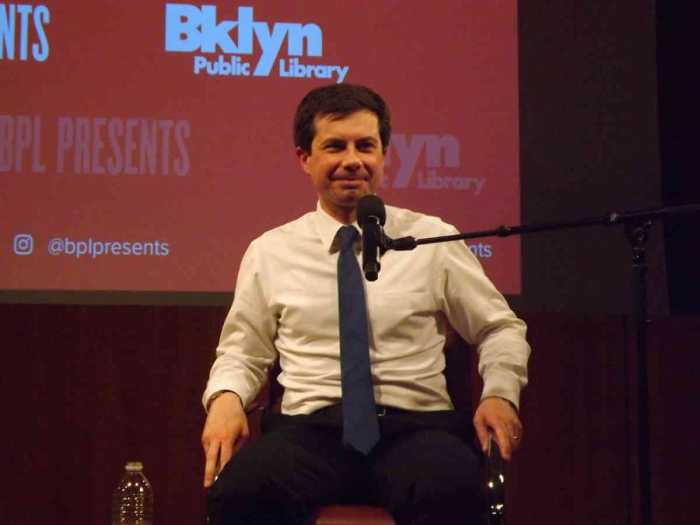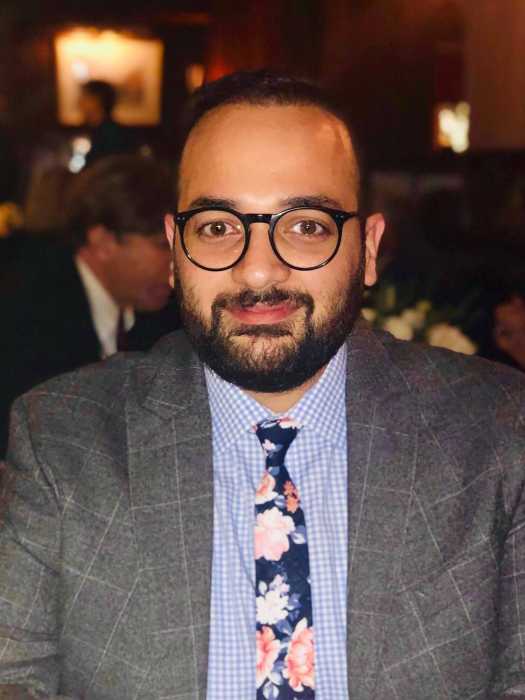BY KELLY COGSWELL | While Americans duke it out over the White House, the French are lining up to get into the annual Agricultural Fair in Paris, where you can see in the flesh how tough it is to maintain symbols of tradition in a society grappling with how to integrate immigrants and prod the recalcitrant economy to produce more jobs.
When President François Hollande turned up for the usual opening day cow-kissing, crowds of farmers heckled and screamed, “You’re killing us.” Instead of calling them pathetic assholes like Nicolas Sarkozy once did, Hollande just said that he’d come to listen, “Yes, even to screams. People are in pain.”
It’s true small farmers can barely make ends meet, though they aren’t exactly getting gunned down in the street. Still, I marvel at what a loud voice they have considering that they are a tiny minority in a country where agribusiness is enormous. In the US, they would have gone under long ago. But in secular France, where so much of the national identity is now tied to the land, their role in national pageantry is essential.
A Dyke Abroad
At the fair, they hawk everything under the French sun, seeming to prove that we are all different, the literal product of separate geographies — yet also the same. We see a gazillion different prize-winning cheeses, jams, juices, wines, honeys all shaped by what the French call terroir (soil or land). When it comes to determining the best, each category is rigorously judged, though on different criteria. Ground red pepper from Espelette competes against itself. Champagne produced only in that particular region is expected to aspire to different qualities than a bubbly wine from Alsace. And certainly than a rum from Guadeloupe.
Check out the food halls — there are also cod fritters from the French Caribbean, curries from West Africa — and you remark that diversity in France is most readily accepted at the level of cuisine. But it still doesn’t mean that the annual exercise of the fair is useless. In fact, thinking about the tools we use to preserve our national myths is essential. We reshape society by changing our stories, opening them up one by one.
We Americans have our own myths that need busting. I remember going with my grandmother to the Kentucky State Fair and getting dragged to see the quilts and prize-winning jam when I only wanted to go to the midway with its Ferris wheel and cotton candy. But she’d been off the farm a long time and had her roots to acknowledge and explore.
Not that she was nostalgic about the back-breaking work, or the incessant pressure to breed that created families of 10 or 12 kids and left a lot of women dead. Once, when we were looking at a pair of wooden knitting needles her father had whittled for her, she said how happy she was when she got her tubes tied and didn’t have to do what other women did.
We also had a conversation once about organic food, when she interrupted a lecture on my newly acquired knowledge about vegetarianism and the environment to declare that was how they all ate back in the day, because they were too poor for fertilizer. And couldn’t afford meat. And man, she was grateful to be able to run to the store for a package of hot dogs and some Cheese Whiz.
I think about her now when I hear about all those white Trump supporters who long for the days of Jim Crow and even actual slavery, in which white people would apparently all be happy and rich. They’re not only evil to think enslaving other people is a viable option, but totally delusional.
The rainbow of the left is not immune to nostalgia either. So many are looking to the past for a future, not just via the old white guy running for president, but by embracing a kind of stale Marxist rhetoric reconfigured as that buzzword intersectionality, which sounds good on the face — of course oppressions are related and we must be allies! Of course class effects everyone! But, it’s a rhetoric that imagines a Revolution that still enforces the same old pecking order that leaves queers and women in the bottom tiers.
So faggots in Nigeria — even when working on their own behalf — are slammed as agents of colonialism. Feminists fighting misogyny in Algeria are regularly called bigoted Islamophobes by Europeans and Americans of all races because they are just not convincingly authentic unless they are in headscarves. You see, we do not really believe in equality — the idea that human beings are more or less the same, or that the rights appreciated by people in the US or France or England might be welcome elsewhere. No, we exoticize and judge by different standards, reducing humans to horses and cows. Handing out everything except respect.
Kelly Cogswell is the author of “Eating Fire: My Life as a Lesbian Avenger,” from the University of Minnesota Press.

